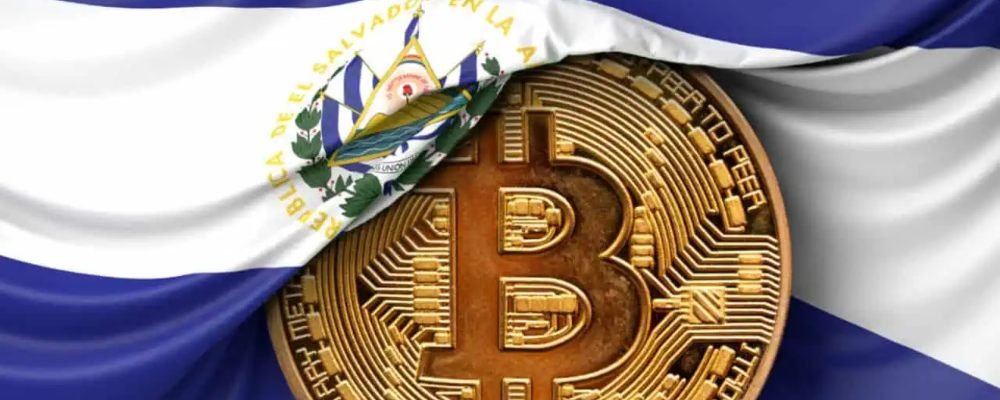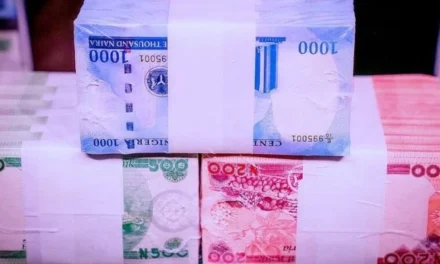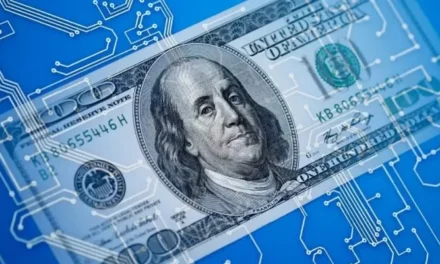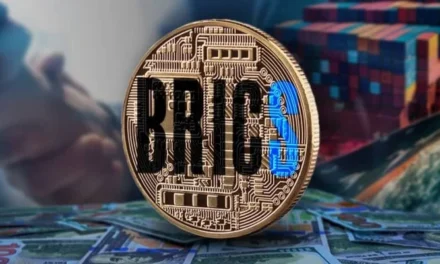What happened in El Salvador?
El Salvador made history in June 2021 when it became the first country in the world to adopt bitcoin as legal tender, alongside the US dollar.
The initiative was proposed by President Nayib Bukele, who claimed that it would improve the economy by making banking easier for Salvadorans, and that it would encourage foreign investment. Two years later, how has the experiment fared?
The implementation of the Bitcoin Law, which came into effect on September 7, 2021, was not smooth. The government launched a digital wallet called Chivo, and gave every citizen the equivalent of $30 in bitcoin. However, hundreds of the Chivo accounts were hacked, and the money was stolen along with the account owner’s identity. Many Salvadorans also faced technical difficulties, protests, and confusion over the use of the new currency.
The adoption of bitcoin has not significantly boosted the economy or the financial inclusion of El Salvador. According to the most recent data from the central bank, only 1.3% of remittances have been transferred using digital wallets that use cryptocurrencies, compared to 4% in Mexico.
How much money has El Salvador lost in the Bitcoin downturn?
The government has also lost 37% of the value of its investments in bitcoin, since the cryptocurrency began to fall in 2021. The exact amount of bitcoin that El Salvador has in its international reserves is not known, since the government does not keep a public record.
The experiment has also raised concerns about the environmental impact of bitcoin, which requires a large amount of energy to be mined and processed. The government has tried to address this issue by announcing plans to use geothermal energy from volcanoes to power bitcoin mining, but the feasibility and sustainability of this project are unclear.
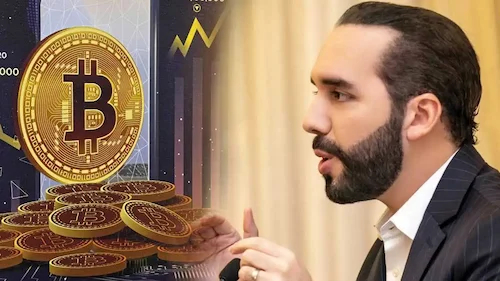
People’s opinions on the adoption of Bitcoin
The adoption of bitcoin in El Salvador has been met with both enthusiasm and skepticism, both domestically and internationally.
- Some supporters of the cryptocurrency see it as a way to empower the people, especially the unbanked and the remittance recipients, who can now access a global and decentralized currency without intermediaries or fees.
- Others view it as a risky and volatile venture, that exposes the country to financial instability, environmental damage, and regulatory challenges.
- The adoption of bitcoin has also attracted the attention and criticism of international organizations and regulators, such as the International Monetary Fund, the World Bank, and the US Treasury. They have warned that the use of bitcoin could pose risks to the financial system, the monetary policy, and the anti-money laundering efforts of El Salvador.
Advantages and benefits of bitcoin in El Salvador
Despite the challenges and controversies, the experiment has also had some positive outcomes and achievements.
- El Salvador has become a pioneer and a leader in the adoption of bitcoin, inspiring other countries and regions to explore the potential of the cryptocurrency. For example, Honduras and Guatemala have also made attempts to attract tourists through the use of bitcoin in “bitcoin hubs”.
- El Salvador has also hosted “Bitcoin Week”, a series of events and conferences that brought together experts, entrepreneurs, and enthusiasts of the crypto world.
- Moreover, the experiment has also created a sense of community and innovation among some Salvadorans, especially in the village of El Zonte, also known as “Bitcoin Beach”. The village adopted bitcoin as a payment system in 2019, following a donation of $100,000 worth of bitcoin from an anonymous donor. The village has since become a model and a showcase of using cryptocurrency as legal tender, with many residents accessing bitcoin through mobile devices and Bitcoin ATMs.
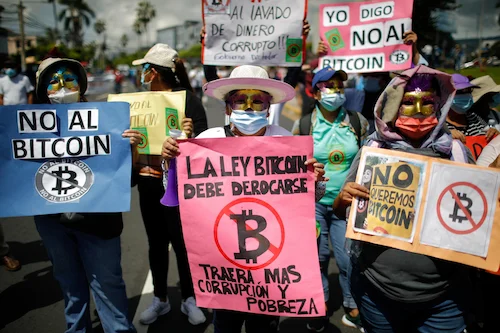
Conclusion and reflection
In conclusion, the experiment of adopting bitcoin as legal tender in El Salvador has been a controversial and complex one, with mixed results and implications.
It has faced many challenges and criticisms, but it has also generated some opportunities and benefits. It is too early to judge the success or failure of the experiment, as it is still ongoing and evolving. However, it is undeniable that the experiment has put El Salvador on the map of the crypto world, and has sparked a global debate on the future of money.

